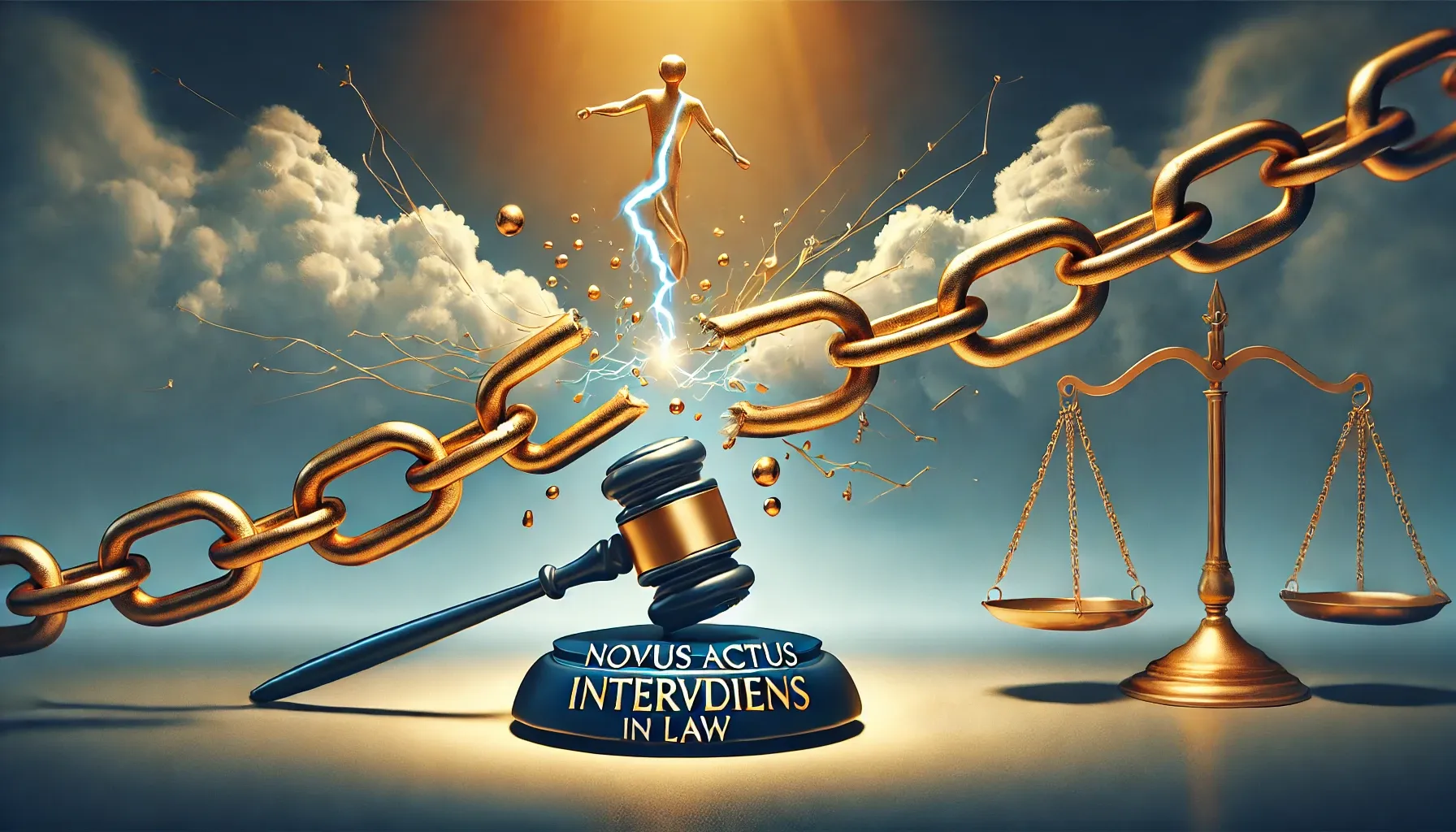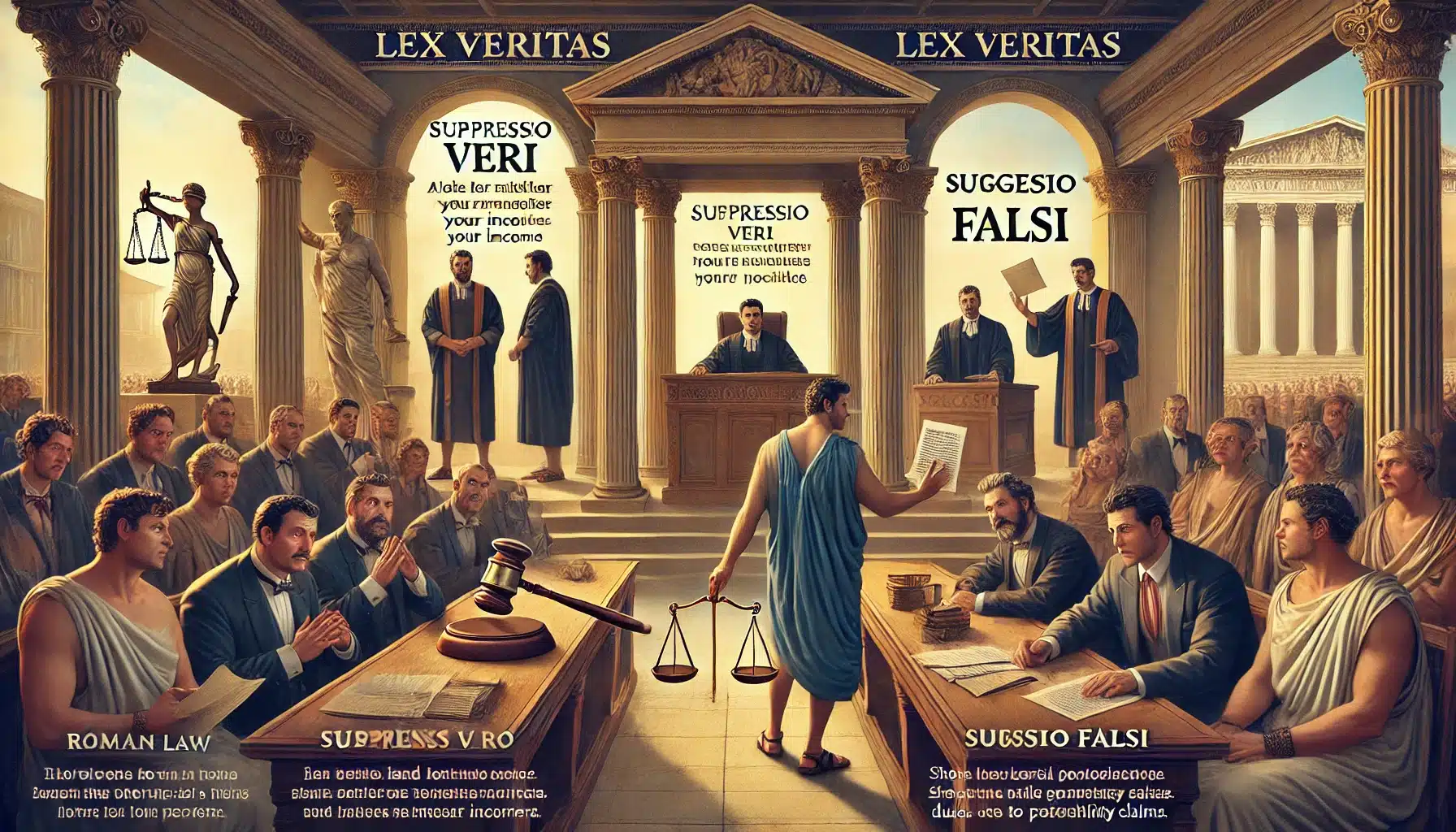Actori Incumbit Onus Probandi, a Latin legal maxim, means “the burden of proof lies on the plaintiff.” The burden of proof requires the plaintiff to establish the facts of the case to the requisite standard of proof, typically “beyond a reasonable doubt” in criminal cases and “preponderance of evide

Meaning
“Actori incumbit onus probandi” means that the person who makes a claim must prove it.
This rule mandates that anyone making statements in court or during a legal dispute must provide sufficient evidence to substantiate their claims. In both civil and criminal proceedings, the burden of proof lies with the plaintiff or prosecution. In civil cases, the plaintiff must conclusively establish their claim with substantial evidence, while in criminal cases, the prosecutor bears the burden of proving guilt beyond a reasonable doubt.
This rule ensures fairness in trials by obliging both parties to substantiate any factual claims with compelling evidence presented to the court. It upholds the presumption of innocence for the defendant until proven guilty, placing the responsibility on the plaintiff to demonstrate evidence proving wrongdoing or responsibility on the part of the defendant.
For example, A accuses B of stealing a valuable diamond necklace from A’s jewelry store. A is responsible for proving in court, beyond a reasonable doubt, that B committed the theft, placing the burden of proof on A rather than B.
Essential Elements of this maxim
- Accusation: The plaintiff initiates legal action against the defendant.
- Legal Claim: The plaintiff asserts that the defendant committed a wrongful act or violated a legal duty.
- Burden of Proof on Plaintiff: The plaintiff must prove their claim or accusation in court beyond a specified standard (preponderance of the evidence in civil cases, beyond reasonable doubt in criminal cases)
- Plaintiff’s Responsibility to Provide Evidence: The plaintiff must provide sufficient and credible evidence to support their claim.
- Legal Consequence: Failure to meet the burden of proof may result in the case being decided in favour of the defendant.
Significance
- Fairness and Justice: It ensures that legal proceedings are fair by requiring the party making accusations (the plaintiff or prosecution) to substantiate their claims with evidence. This prevents baseless accusations from unfairly harming the defendant. In the case of Carlill v. Carbolic Smoke Ball Company (1893)[1], the maxim “actori incumbit onus probandi” was pivotal and exemplified the requirement of claimants to provide evidence to support their assertions in legal matters. Mrs. Carlill sued for a promised reward after using a smoke ball claimed to prevent influenza. The court ruled that the burden of proving the product’s efficacy rested on the company, which failed to substantiate its claim.
- Presumption of Innocence: This maxim upholds the fundamental principle that individuals are presumed innocent until proven guilty. The burden of proof on the plaintiff reinforces this presumption by requiring them to demonstrate the defendant’s guilt rather than the defendant having to prove their innocence.
- Legal Accountability: It promotes accountability by ensuring that those making allegations are responsible for providing sufficient evidence to support their claims. This discourages frivolous or malicious lawsuits and encourages thorough investigation and preparation of cases.
- Protecting Rights: Following this idea helps make sure that people accused of something in court have a fair chance to defend themselves. It means they aren’t forced to disprove things unless there’s enough proof against them. In Powell v. Alabama (1932)[2], African American defendants received death sentences after a rushed trial with inadequate legal representation. The Supreme Court overturned the convictions, ruling they were denied due process under the Fourteenth Amendment. The court emphasized that defendants must have proper legal representation and a fair trial, underscoring the importance of “actori incumbit onus probandi” in ensuring the prosecution must provide sufficient evidence while defendants are given a fair chance to defend themselves.
Conclusion
“Actori incumbit onus probandi” emphasizes a fundamental principle in legal systems, those who make claims must back them up with evidence. This principle is essential for preserving the integrity and fairness of judicial processes globally.
[1] [1893] 1 QB 256.
[2] 287 U.S. 45.




